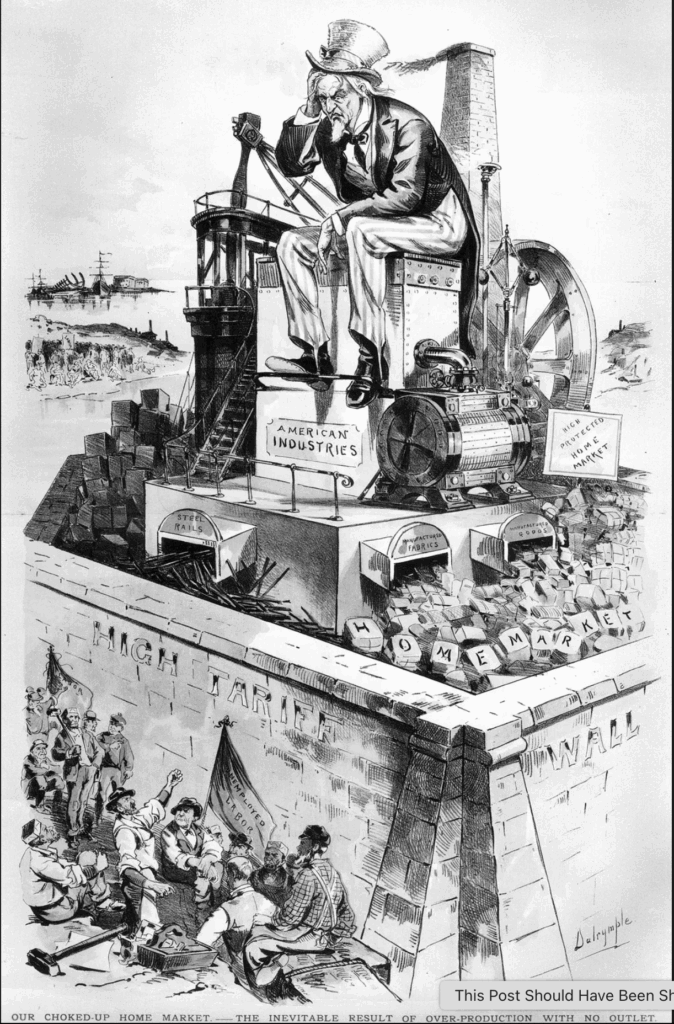The Tariff!

I have thoughts on the foreign policy implications of the Supreme Court’s skepticism on Trump’s tariff:
This is where the Supreme Court’s decision matters. If Trump cannot legally impose tariffs, or manage them from the executive branch, these deals all become precarious.
Will South Korea pony up the $300 billion in investment that it promised in exchange for lower tariffs, if Trump doesn’t actually control tariff policy? Probably not. Every deal that Trump has compelled a foreign government to undertake, economic or political, becomes worthless if he loses the ability to levy tariffs.
If the Supreme Court strikes down Trump’s tariff authority, all is not immediately lost. The administration has multiple other avenues for imposing and maintaining tariffs, although none is as flexible or legally sound as what Trump has already tried.
These methods include a variety of legal tools that have gathered dust for decades and are generally unsuited to the tariff war the president wants to wage. But in certain cases, some of them may work for a time. What they will not do, however, is give the president the flexibility to use tariffs to accomplish coercive foreign-policy ends.
What about Congress? Tariffs are currently polling heavily in the negative, suggesting that Trump’s supporters in Congress would have to take substantial risks to create a legal framework for Trump’s desired tariff policy.
The Senate GOP caucus has already demonstrated little interest in running that kind of risk, which is unsurprising for a party that just a few years ago was categorically committed to free trade.
Long story short… the Trump administration seized upon the IEEPA because it granted them enormous latitude with respect to using tariffs in a coercive fashion. This flexibility is extremely important because to be successful coercion needs to be dialed up and down based on the receptivity of the target. All of the other legal means for levying tariffs come with more onerous requirements for both assessing and relieving tariff pain, making them poor tools for coercive foreign policy. And so… it’s a big deal if the Supreme Court strikes down this authority.
